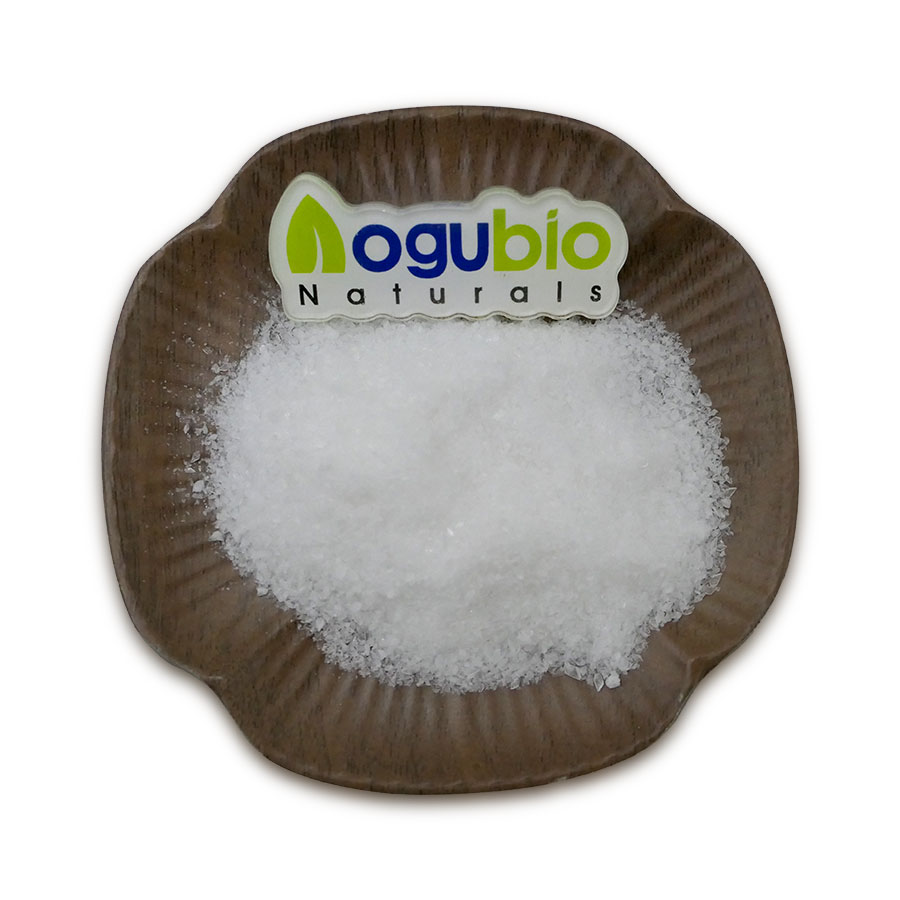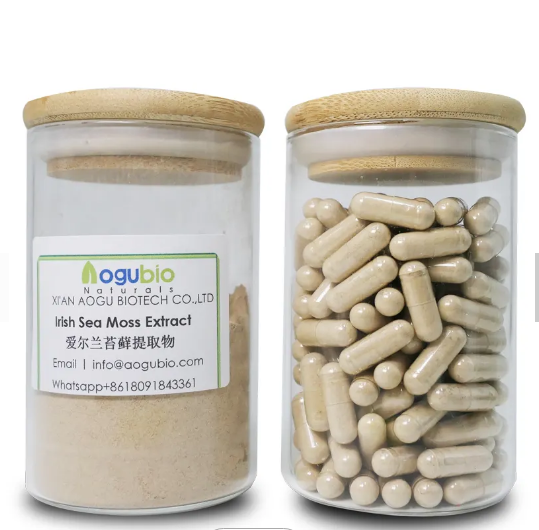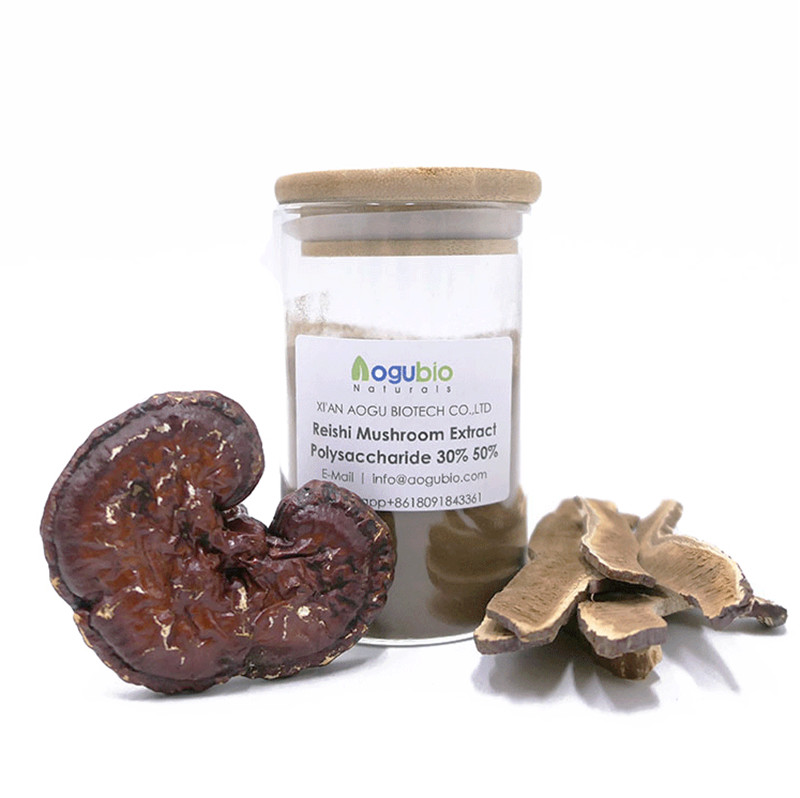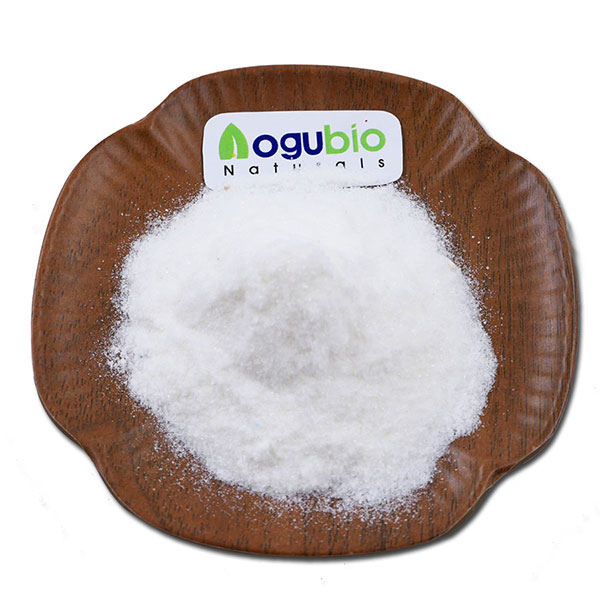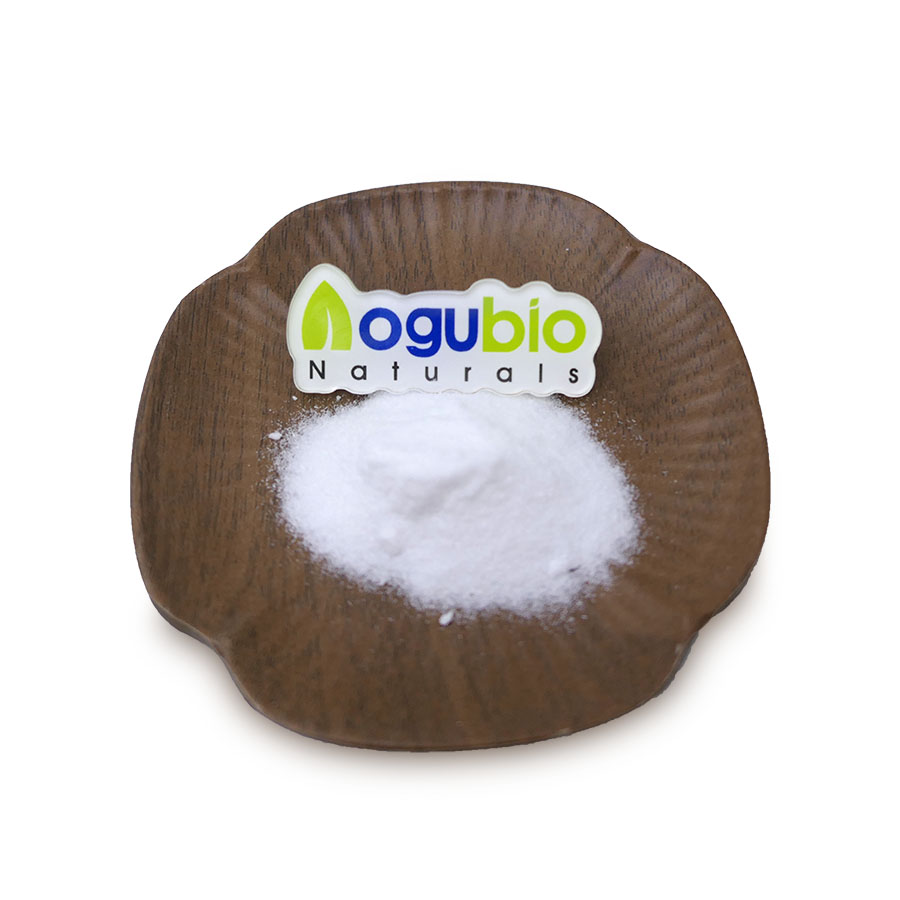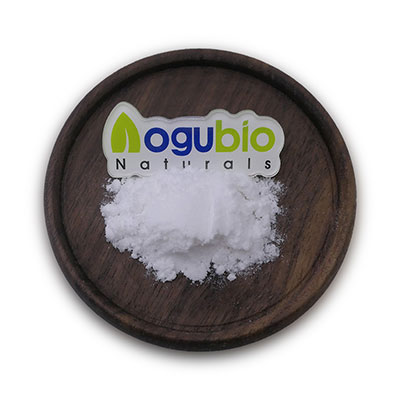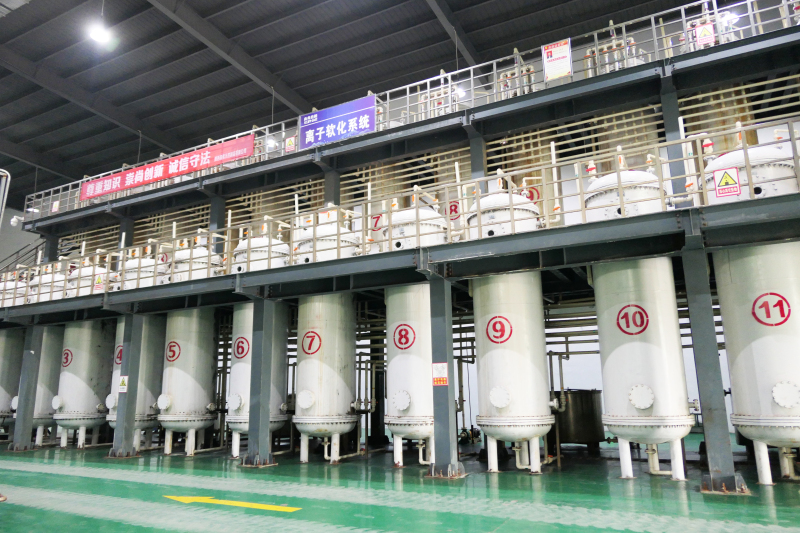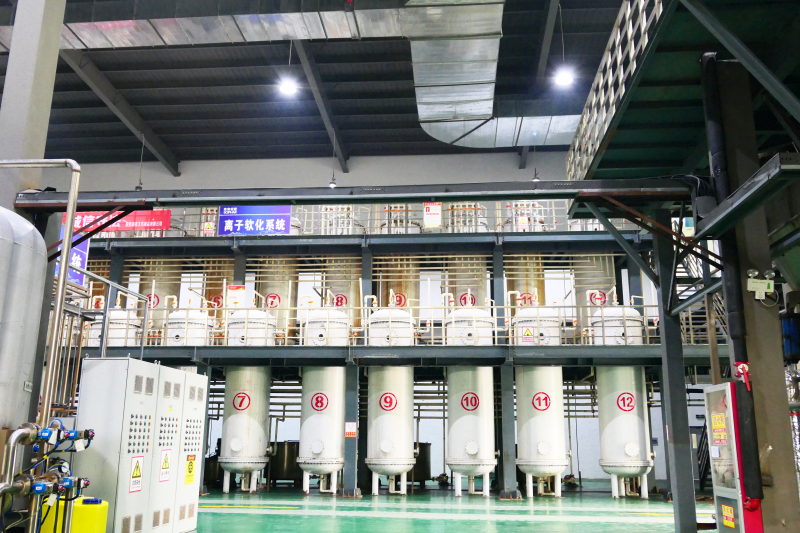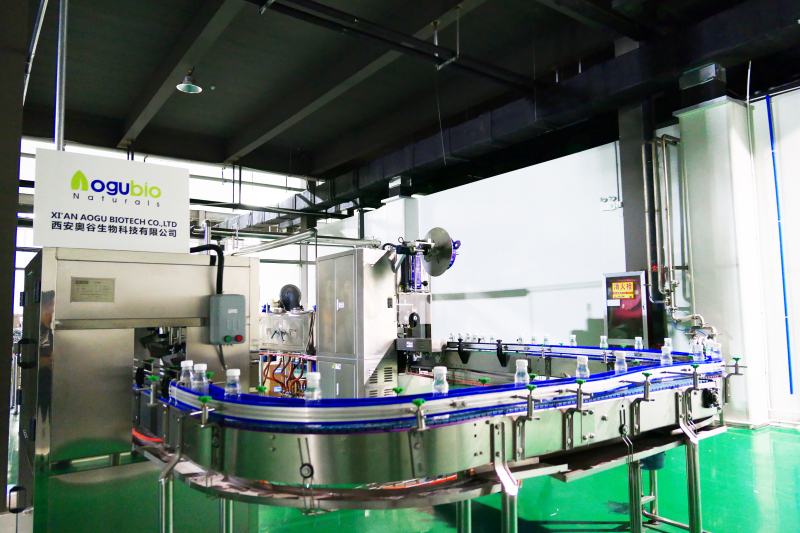The Science Behind N-Acetylcysteine: How it Supports Respiratory Function
N-Acetylcysteine powder, also known as NAC, is a potent antioxidant and a precursor to glutathione, a crucial molecule in our body's defense against toxic substances. While NAC has been used for decades as a mucolytic agent, recent research has shed light on its role in supporting respiratory function. In this article, we will delve into the science behind N-Acetylcysteine and its beneficial effects on the respiratory system.
To understand how N-Acetylcysteine supports respiratory function, we must examine the underlying mechanisms of respiratory health. The respiratory system comprises our airways, lungs, and the intricate network of cells responsible for gas exchange. However, exposure to pollutants, pathogens, or certain medical conditions can lead to oxidative stress and inflammation, impairing respiratory function.
This is where N-Acetylcysteine proves invaluable. As a precursor to glutathione, it acts as a potent antioxidant, neutralizing harmful free radicals and reducing oxidative stress. By replenishing intracellular glutathione levels, N-Acetylcysteine helps maintain the delicate balance of antioxidants and protects the respiratory system from damage.
Moreover, N-Acetylcysteine possesses mucolytic properties, meaning it helps break down and thin mucus in the airways. This is particularly beneficial for individuals with chronic respiratory conditions, such as chronic obstructive pulmonary disease (COPD) or cystic fibrosis, where excess mucus production and impaired clearance can obstruct the airways. By promoting mucus clearance, N-Acetylcysteine improves lung function and reduces the risk of respiratory complications.
Several scientific studies have corroborated the beneficial effects of N-Acetylcysteine on respiratory health. For instance, a study published in the European Respiratory Journal demonstrated that N-Acetylcysteine supplementation improved lung function and reduced respiratory exacerbations in individuals with COPD. Another study published in the American Journal of Respiratory and Critical Care Medicine found that N-Acetylcysteine reduced the frequency and severity of asthma attacks in children.
Beyond its antioxidant and mucolytic properties, N-Acetylcysteine also exhibits anti-inflammatory effects. Inflammation is a hallmark of respiratory diseases, as it contributes to airway obstruction and tissue damage. N-Acetylcysteine helps regulate the release of pro-inflammatory molecules, such as cytokines, and modulates the immune response. By attenuating the inflammatory cascade, N-Acetylcysteine alleviates respiratory symptoms and promotes recovery.
It is worth noting that N-Acetylcysteine is generally safe and well-tolerated, with minimal side effects. However, as with any supplement, it is advisable to consult a healthcare professional before initiating N-Acetylcysteine supplementation, especially for individuals with underlying medical conditions or those taking medications.
In conclusion, N-Acetylcysteine powder is a powerful supplement that offers numerous benefits for respiratory health. Its antioxidant, mucolytic, and anti-inflammatory properties work synergistically to support the respiratory system and mitigate the damage caused by oxidative stress and inflammation. While more research is needed to fully understand the extent of its therapeutic potential, N-Acetylcysteine holds promise as a natural and effective adjunct in the management of various respiratory conditions.
Product Description
N-acetyl cysteine (NAC) comes from the amino acid L-cysteine. Amino acids are building blocks of proteins. NAC has many uses and is an FDA approved drug.
N-acetyl cysteine is an antioxidant that might play a role in preventing cancer. As a drug, it's used by healthcare providers to treat acetaminophen (Tylenol) poisoning. It works by binding the poisonous forms of acetaminophen that are formed in the liver.
People commonly use N-acetyl cysteine for cough and other lung conditions. It is also used for flu, dry eye, and many other conditions, but there is no good scientific evidence to support many of these uses. There is also no good evidence to support using N-acetyl cysteine for COVID-19.
N-Acetyl-L-Cysteine is an amino acid, can be transformed from the body of methionine, cystine can be transformed with each other. N-Acetyl-l-cysteine can be used as a mucilagenic agent. It is suitable for respiratory obstruction caused by a large amount of phlegm obstruction. In addition, it can also be used for detoxification of acetaminophen poisoning.
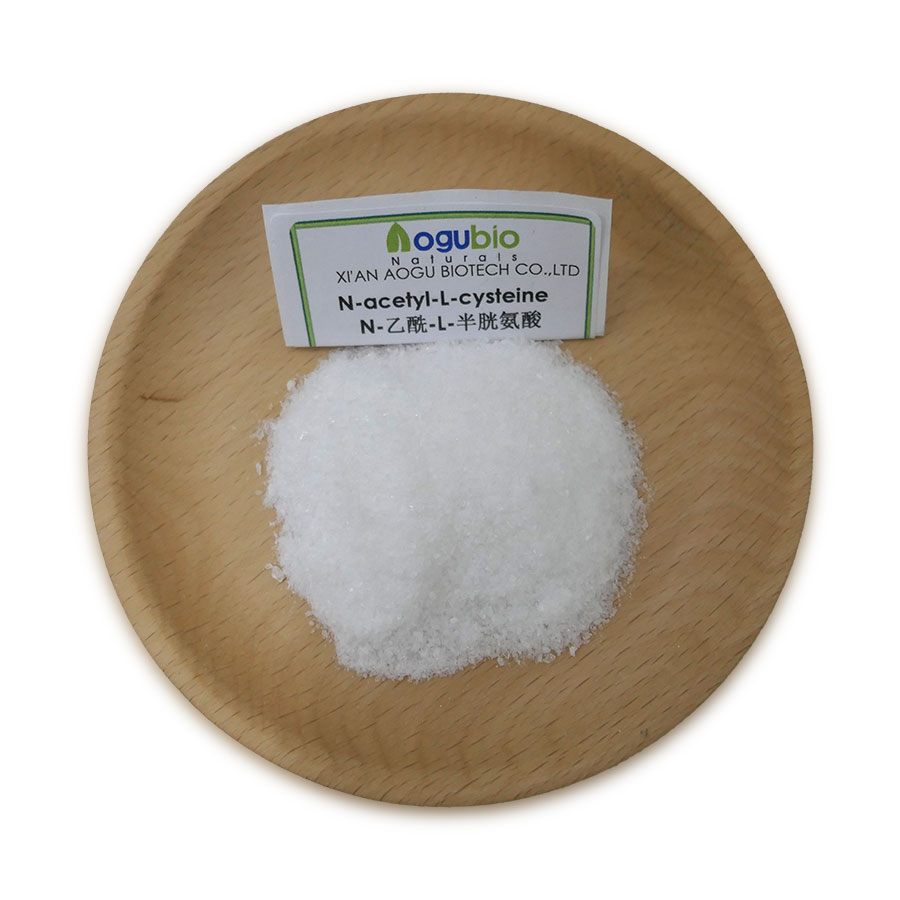
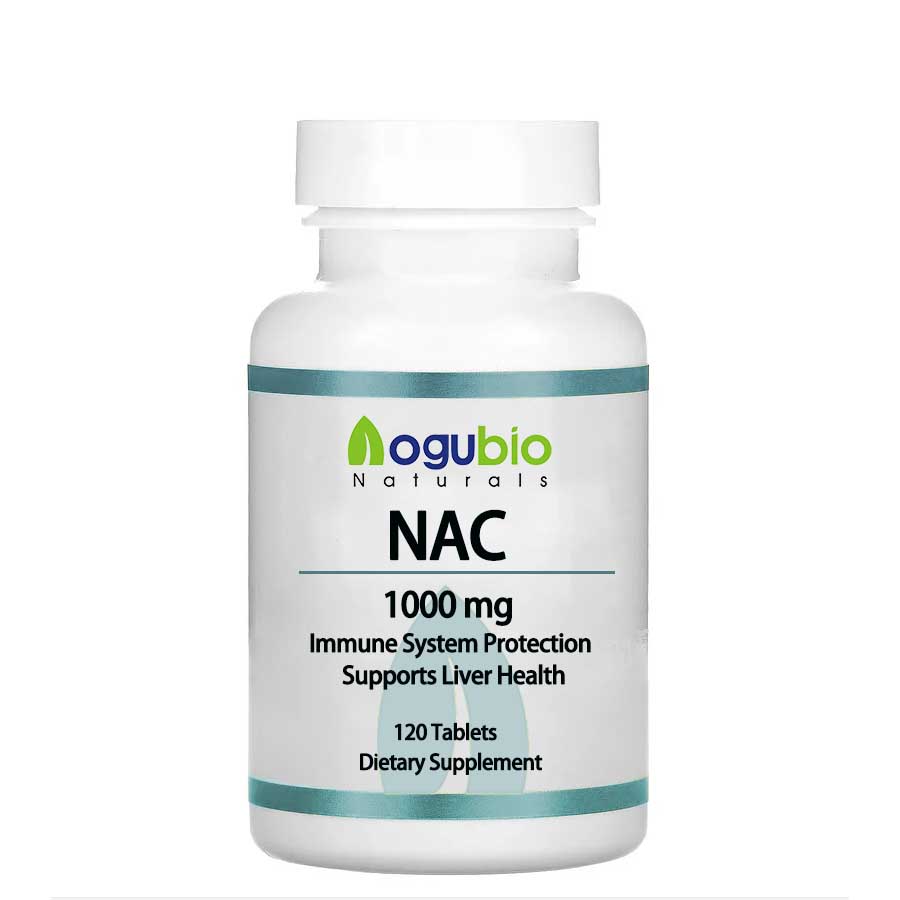
Function
N-Acetyl-L-Cysteine is an amino acid, can be transformed from the body of methionine, cystine can be transformed with each other. N-Acetyl-l-cysteine can be used as a mucilagenic agent. It is suitable for respiratory obstruction caused by a large amount of phlegm obstruction. In addition, it can also be used for detoxification of acetaminophen poisoning.






